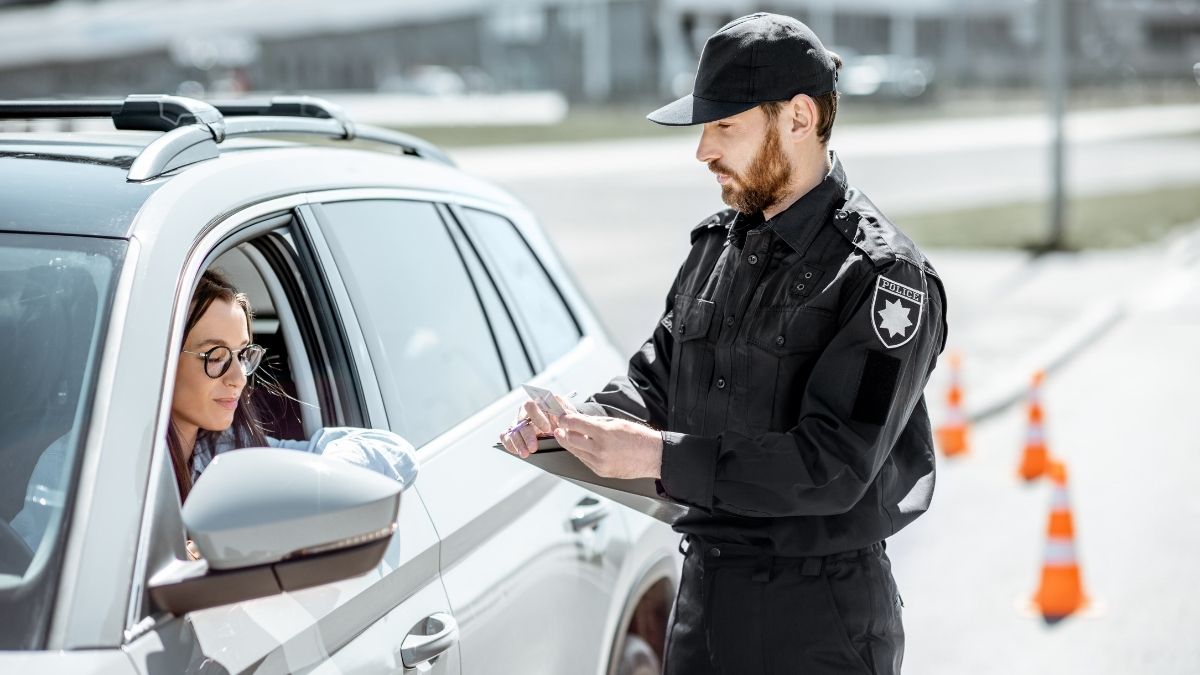A new Florida law aimed at reducing extreme speeding officially went into effect on July 1, 2025. The law introduces criminal charges for drivers who go either 50 miles per hour over the posted speed limit or drive at 100 miles per hour or more, regardless of the road’s speed limit. This sweeping change reflects a statewide effort to make roads safer and deter reckless driving behaviors.
What Counts as “Dangerous Excessive Speeding”?
Under this legislation, a new category of offense called “dangerous excessive speeding” has been created. It covers:
- Driving 50 mph or more over the posted limit, or
- Driving at 100 mph or more, regardless of the posted limit
These actions are no longer considered simple traffic infractions. Instead, they are now treated as misdemeanor crimes, bringing criminal penalties including potential jail time, fines, and license revocation.
From Fines to Criminal Charges: A Major Shift
Previously, even high-speed violations in Florida typically resulted in civil penalties, such as fines and points on a license. Under the new law, drivers caught excessively speeding face criminal charges, highlighting how seriously the state views high-speed endangerment.
Penalties Based on Offense History
The law introduces tiered penalties based on whether it’s a first or repeat offense. The punishment becomes significantly harsher for those with multiple violations.
| Offense Type | Jail Time | Fine | License Penalty |
|---|---|---|---|
| First Offense | Up to 30 days | Up to \$500 | No mandatory suspension |
| Second or Later Offense | Up to 90 days | Up to \$1,000 | License revoked for 180 days to 1 year |
If the second offense occurs within five years, the law requires that the driver’s license be revoked for a minimum of six months, up to one year.
Mandatory Court Hearings for Major Speeding Cases
One of the most important changes is the requirement for a court appearance. Drivers caught speeding 50 mph or more over the limit must appear in person before a judge.
This means drivers can no longer resolve such violations by simply paying a fine online or by mail. The intention is to bring greater judicial oversight to serious traffic offenses that pose life-threatening risks.
Law Enforcement Discretion Expanded
Police officers are now granted greater flexibility in how they handle high-speed violations. If a driver is traveling 30 mph or more over the speed limit, officers are not required to list the fine amount on the citation.
This change allows law enforcement to escalate the matter to a criminal case and ensures more careful review of serious violations on a case-by-case basis.
Why the New Law Was Passed
The push for this law came from increasing concerns about road safety. Florida lawmakers and safety advocates pointed to rising incidents of extreme speeding, particularly on interstates and urban highways, that resulted in fatal crashes and life-altering injuries.
By upgrading speeding from a civil infraction to a criminal offense, the state hopes to:
- Deter dangerous driving behavior
- Reduce traffic-related deaths
- Promote safer roads for everyone
Road Safety by the Numbers
According to recent data, crashes involving vehicles traveling over 100 mph are significantly more likely to result in:
- Severe injuries or fatalities
- Multi-vehicle accidents
- Higher medical and property costs
The state believes that stricter enforcement and criminal penalties are necessary to combat these dangers effectively.
How Florida Drivers Should Respond
All drivers in Florida should take extra care to obey speed limits and understand that exceeding them by extreme margins could now result in:
- A permanent criminal record
- Jail time up to 90 days
- Loss of driving privileges
- Court-mandated hearings
If you typically drive at high speeds, it is crucial to adjust your habits immediately. The legal and financial consequences are now too significant to ignore.
Legal Experts Weigh In
Legal professionals are advising Floridians to understand their rights, especially if charged under the new law. Unlike traffic tickets, misdemeanor charges can carry long-term consequences, including:
- Difficulty securing employment
- Increased insurance premiums
- Restrictions on certain professional licenses
Even first-time offenders are advised to seek legal counsel if charged under “dangerous excessive speeding”.






